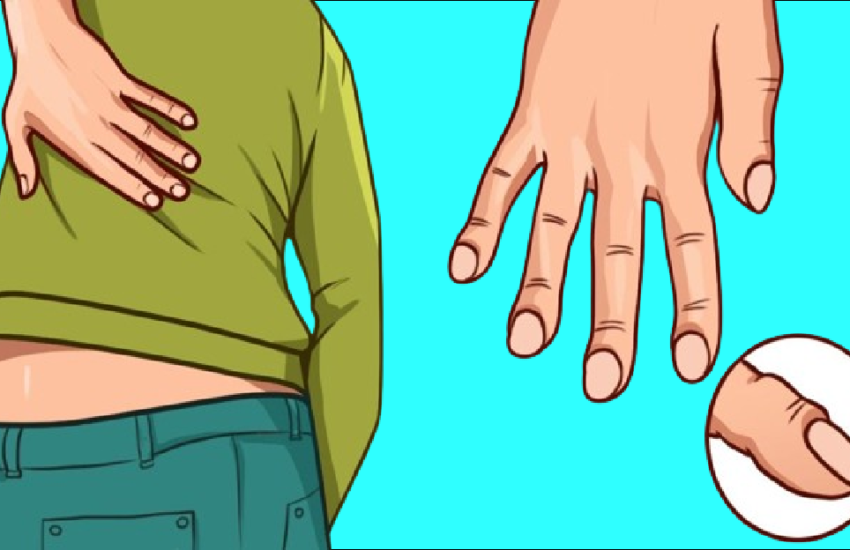If your kidneys are in danger, your body will give you these seven signs
Kidneys are not just organs. They are the primary guardians of your health, filtering 10-150 liters of blood daily to remove toxins and cleanse the body. Located under the rib cage, its multifaceted role includes eliminating excess fluid, regulating electrolytes, producing red blood cells, managing blood pressure, and strengthening the skeletal system.
Signs of kidney damage
Urinary changes: Early indicators often appear in the form of urinary disturbances, such as difficulty urinating, pale or foamy urine, dark urine with decreased excretion, frequent nocturia, and straining during urination.
Swelling:
Poor kidney function can lead to fluid retention, causing swelling of the face, joints, and extremities.
Metallic taste and breath odor:
Waste accumulated in the blood can lead to a metallic taste or bad breath, which indicates possible problems related to the kidneys.
Tired:
Healthy kidneys produce erythropoietin (EPO) to maintain optimal red blood cell levels. Low EPO production can lead to fatigue, cognitive impairment, and muscle weakness, and is often associated with severe anemia.
the pain:
Upper back pain, especially around the kidneys, may indicate kidney problems, sometimes accompanied by infection or kidney stones.
shortness of breath:
Kidney damage can impede oxygen transport, causing shortness of breath due to low red blood cell counts and a buildup of toxins in the lungs.
Cognitive impairment and dizziness:
Insufficient oxygen to the brain, resulting from severe anemia or kidney failure, can lead to poor concentration, memory problems, dizziness, and lightheadedness.
Skin manifestations:
Waste buildup can contribute to kidney failure, leading to itchy skin, rashes, and an unhealthy appearance of the skin, which may require internal treatment rather than external treatments only.
Kidney health care
To protect the kidneys and promote optimal function:
Eat a diet rich in antioxidants, including fruits, vegetables, nuts and seeds.
Keep yourself hydrated with enough water daily.
Limit salt intake and avoid processed foods that are high in sodium.
Exercise regularly to support overall cardiovascular health.
Monitor blood pressure, blood sugar levels, and cholesterol.
Seek medical attention immediately if you notice any signs of kidney dysfunction.
Your kidneys play a pivotal role in maintaining your health, and being vigilant about potential signs of kidney damage can help you take proactive steps toward kidney health. By following a kidney-friendly lifestyle and seeking timely medical care, you can maintain kidney function and live an overall healthier life.


